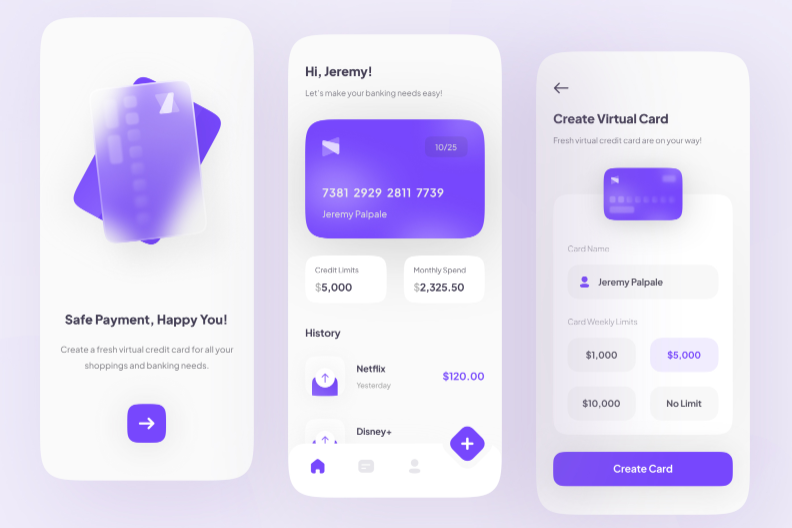The Importance of Consistent Branding in Company Growth
In today’s rapidly evolving business landscape, consistent branding is more crucial than ever for companies aiming to thrive and grow in 2024. As markets become more saturated and competition intensifies, having a cohesive and recognizable brand identity can significantly impact a company’s success. Here’s why consistent branding is essential for business growth this year:
Building Trust and Credibility
Trust is a cornerstone of any successful business relationship. Consistent branding helps establish and maintain trust with your audience. When customers see a unified brand message across all touchpoints—whether it’s your website, social media, packaging, or advertising—they are more likely to view your company as reliable and professional. This consistency reassures them that your business will deliver on its promises, making them more likely to choose your products or services over competitors.
Enhancing Recognition and Recall
In a crowded market, standing out is paramount. Consistent branding enhances brand recognition, making it easier for customers to identify and remember your company. This recognition goes beyond just your logo; it includes your color palette, typography, tone of voice, and overall aesthetic. When all these elements align seamlessly across various platforms, it creates a memorable brand experience that sticks with consumers, increasing the likelihood of repeat business and customer loyalty.
Streamlining Marketing Efforts
A strong, consistent brand simplifies your marketing efforts by providing a clear framework to work within. When your brand identity is well-defined, creating new marketing materials becomes more straightforward. This saves time and resources, allowing your marketing team to focus on developing creative strategies that resonate with your audience. Moreover, a consistent brand voice ensures that your messaging is coherent, making it easier to communicate your value proposition effectively.
Facilitating Business Expansion
As companies expand into new markets or introduce new products, maintaining brand consistency is vital. It ensures that the brand’s core identity remains intact, even as it evolves. This consistency helps new customers quickly understand and trust the brand, reducing the time and effort needed to establish a foothold in new markets. For instance, if a company known for its high-quality electronics decides to enter the home appliance market, consistent branding can leverage existing trust and recognition to attract new customers.
Supporting Premium Pricing
Strong, consistent branding can justify premium pricing by reinforcing the perceived value of your products or services. When customers associate your brand with quality and reliability, they are more willing to pay a higher price. This perception of value is built over time through consistent branding efforts, which differentiate your offerings from those of competitors who may rely solely on price competition.
Enhancing Employee Engagement and Advocacy
A well-defined brand identity not only resonates with customers but also with employees. When your team understands and believes in the brand’s mission, values, and vision, they are more likely to become enthusiastic brand advocates. This internal alignment boosts morale and fosters a cohesive company culture, where employees are motivated to deliver the brand promise in every customer interaction.
Navigating Crisis and Change
In times of crisis or change, consistent branding acts as an anchor, providing stability and reassurance to both customers and employees. Whether it’s a PR crisis, market disruption, or internal restructuring, a strong brand identity helps maintain trust and confidence. Companies with a consistent brand are better equipped to navigate these challenges, as their clear and steady messaging can mitigate the impact of negative events and facilitate quicker recovery.
Leveraging Digital Transformation
As digital transformation continues to reshape industries, consistent branding becomes even more critical. In the digital realm, customers interact with brands across multiple channels—websites, social media, mobile apps, and more. A cohesive brand experience across these platforms ensures that your message is not diluted and that customers have a seamless journey, regardless of the touchpoint. This consistency enhances the overall user experience, driving engagement and conversions.
Conclusion
In 2024, consistent branding is not just a nice-to-have; it is a strategic imperative for companies aiming for growth. It builds trust, enhances recognition, streamlines marketing, supports expansion, justifies premium pricing, boosts employee engagement, aids in crisis management, and leverages digital transformation. By investing in a consistent brand identity, businesses can create a solid foundation for long-term success in an increasingly competitive marketplace.
Related Posts
The State of UX Design
From rethinking remote work policies to acknowledging the unintended impact of…
10 Modern Web Design Trends for 2023
Web design is responsible for nearly 95% of a visitor’s first impression of…
Top Web Design and UI Trends
Design trends can shape everything from how designers create to user interface…




